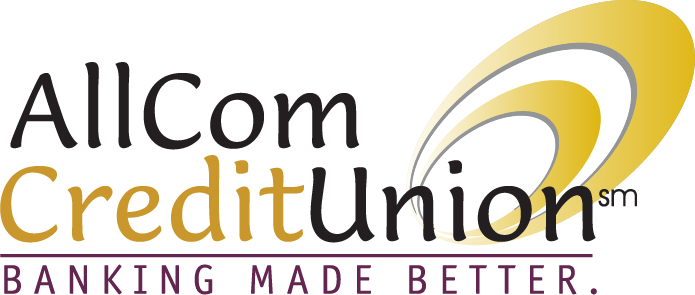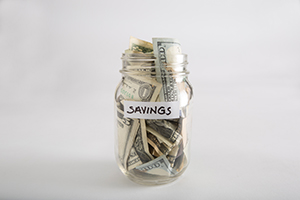Believe it or not, you’ll need more than just a pile of cash to make your first (or second, or third) home purchase. There are other non-monetary assets that you’ll need in order to qualify for a home loan with the lowest interest rate. Add these five assets to your list of things to have before you begin your house hunt!
Steady Income
Proof of a steady, reliable income shows a lender you are capable of affording the monthly mortgage payments and are a low risk for defaulting on the loan. Usually, lenders want to see a work history of at least two years at your current employer or in your current field. If you’re self-employed, the required work history length may be longer.
As proof, lenders may ask for a signed letter from your employer stating your position and salary or two years’ worth of paystubs. Or you may be asked to provide your last two years of income tax returns.
Low Debt-to-Income Ratio
This ratio is a non-cash asset, but it’s important in the eyes of lenders. Although a lending agent won’t ask for your entire personal budget, they will look at the ratio of your monthly debt obligations (student loans, car loan, credit card balances, personal loans, etc.) to your gross monthly income. This is your debt-to-income ratio. You want to keep this ratio as low as possible, with your estimated new mortgage payment included in the calculations. These days, lenders offer the best mortgage rates to borrowers whose total monthly debts (including the estimated mortgage payments) are no more than 43% of their total gross income.
Carrying a high debt-to-income ratio will make it harder to qualify for a mortgage. Before beginning your house hunt, work to pay off current debts and lower that ratio.
Good Credit Score
This is another non-cash asset that is an important part of every home-buyers’ mortgage application. Your FICO credit score is the primary way lenders gauge how well you’ve managed credit, loans, and debt in the past and if you pay your bills on time (a big factor when they’re considering you for a mortgage!). Scores fall on a scale of 300 to 850. While a credit score of 670–739 is considered “good,” applicants with a score of 740 or higher are the ones most likely to receive better-than-average rates from lenders.
You are allowed one free credit report each year from each of the three credit reporting agencies: Experian, TransUnion, and Equifax. While you’re saving up for a hefty down payment, you can also check on your credit score and work to improve it: pay off debt (e.g. student loans, credit cards, medical debts, etc.), pay all bills on time, and don’t open or close any lines of credit (e.g. store credit card, personal loan, etc.).
Cash for a Down Payment
The money you plan to spend as your down payment on a house should be in the form of cold, hard cash in an account you can easily access (not in a CD or share savings account where you may pay a fee for the withdrawal). It can be tempting to put all or part of the down payment on a credit card, but this will affect your debt-to-income ratio, which ultimately lowers your creditworthiness.
In order to receive the best loan rate and avoid paying private mortgage insurance (PMI) on a conventional loan, you need to save up for a down payment of at least 20%. With other strong financial elements—like low debt-to-income ratio and excellent credit score—you may be able to put less money down and secure a decent mortgage rate, but you’ll still be taking out a larger loan and ultimately paying more interest on that larger principal over the life of the loan.
Cash for Closing Costs
Be sure to earmark some of the cash you’ve saved up as cash for paying closing costs, an often-overlooked home-buying expense. Closing costs include loan origination fee, title search and recording fee, appraisal fee, inspection fee, property taxes, and others. While these costs can vary, they generally fall between two percent and five percent of a home’s purchase price.
While you can sometimes roll these costs into the mortgage, it’s best to be able to pay them up front with cash, thereby avoiding a higher monthly mortgage payment and possibly a higher loan rate. You may also pay these fees with monetary gifts from relatives or by negotiating with the seller to have them pay these costs—especially if they’re eager to sell.



